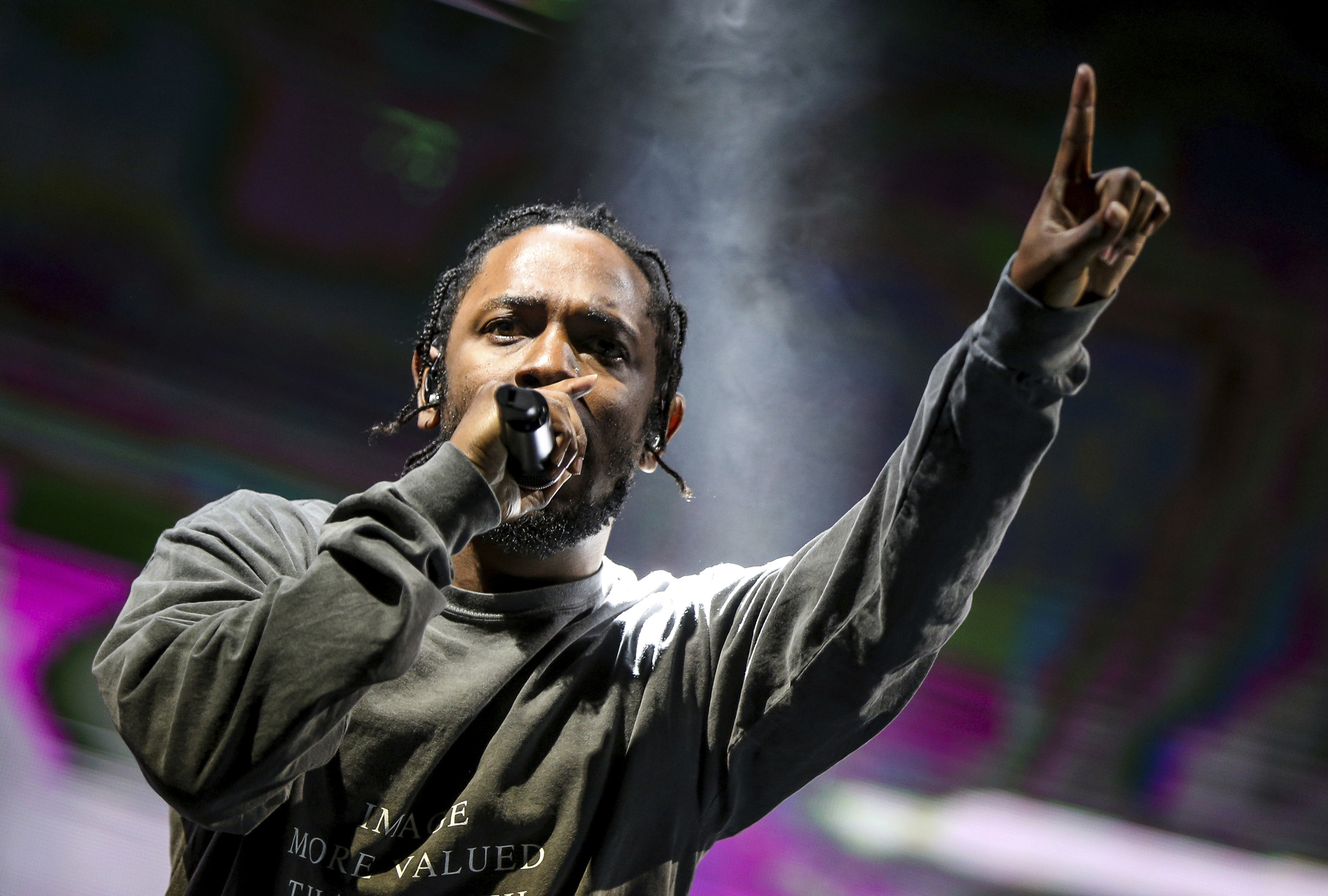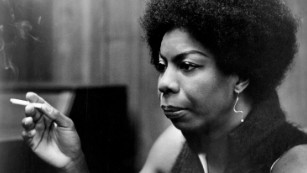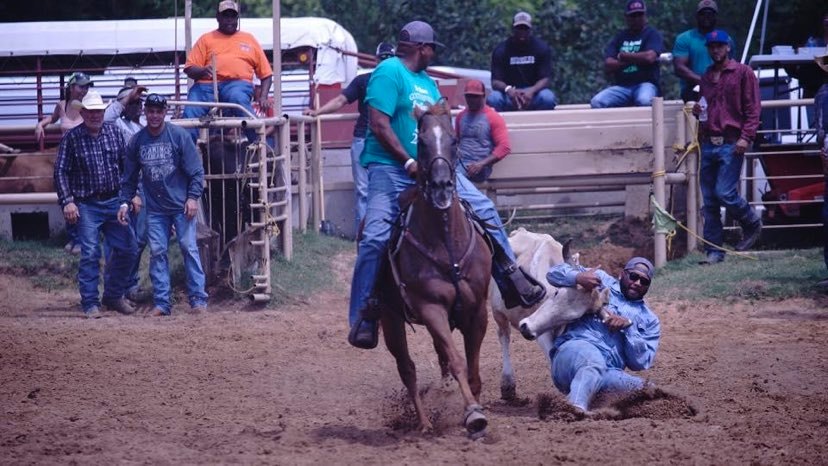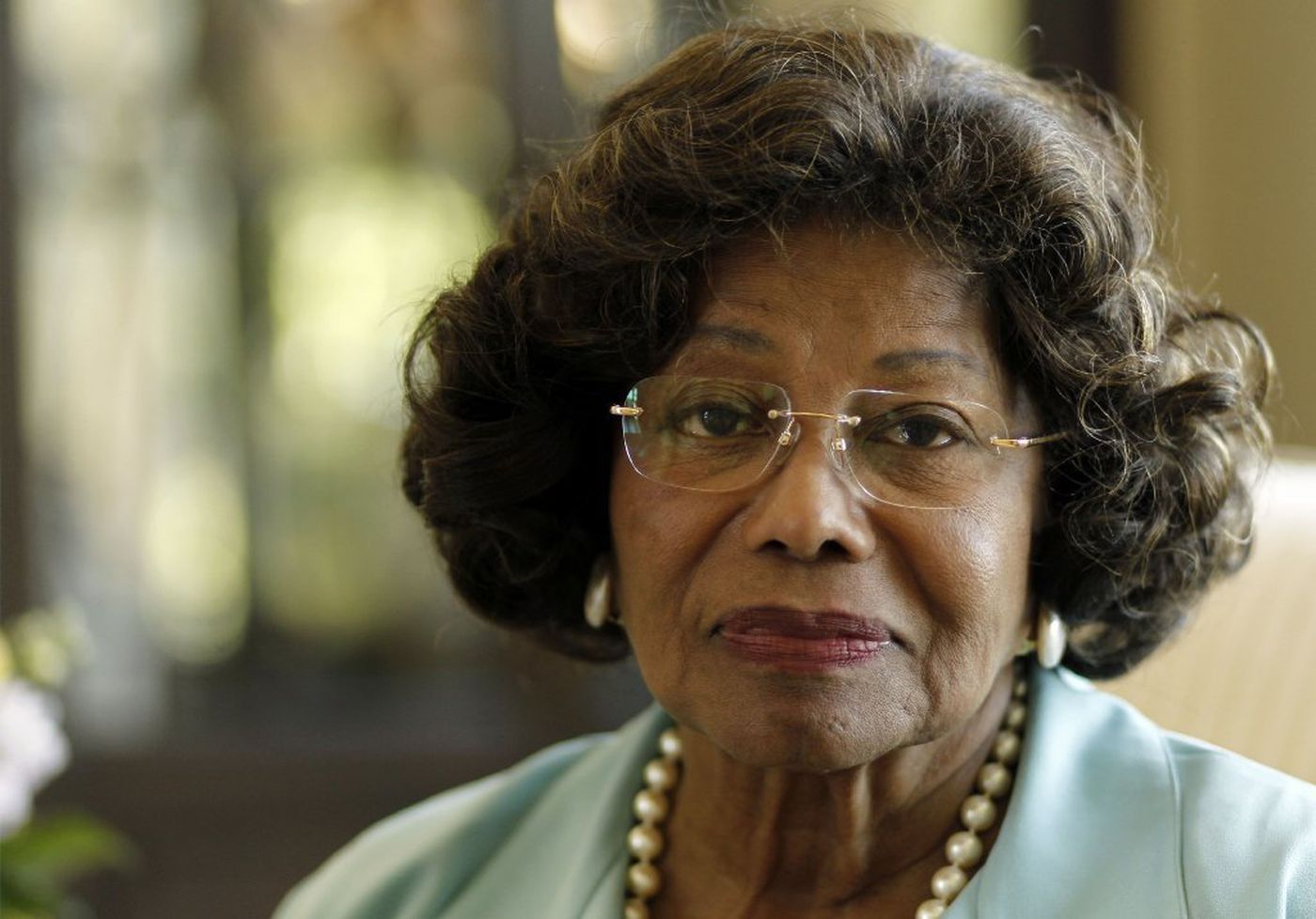
By Clay Cane
Kendrick Lamar has created the perfect fusion of politics and hip hop, and on Monday he got a Pulitzer Prize — and of course he did. In a time when hip hop is supersaturated with vapid pop hits and petty feuds, Lamar is socially resonant and musically gifted. He is the voice of this generation, and the first hip hop artist to win the music Pulitzer, for his 14-track “Damn.”

Clay Cane
While artists like Lil’ Wayne admit they don’t feel“connected” to Black Lives Matter, Lamar is providing anthems for revolutionary millennials across the country, in much the way that Nina Simone’s “Mississippi Goddam” sounded an anthem for the civil rights movement.
Like Simone, the roots of hip hop are absolutely political. From the blunt social commentary delivered by Grandmaster Flash and the Furious Five’s “The Message” in 1982 to N.W.A. shining a light on police brutality in the late 1980s, this art form has always represented where we are as a culture and where we are headed.

Poets represented the streets in a way that made you feel not so alone, whether you were in Compton, the Bronx, or Chi-Town.
But in addition, hip hop has always instilled political fear and has intimidated politicians. In the 1980s, Vice President Al Gore’s wife, Tipper Gore, waged war on the sometimes rough truth of hip hop. The FBI excoriated N.W.A., saying it encouraged “violence against and disrespect” for police. Meanwhile, the horrors of Reaganomics created much of the poverty hip hop artists rapped about (Jay Z famously said in 2007’s “Blue Magic,” “Blame Reagan for making me into a monster”).

In the Trump era, where the citizenry is being divided — torn apart — and American life debased, courtesy of a charlatan posing as the leader of the free world, political art is more important than ever. That is one of the many reasons why the Pulitzer Prize Board, which usually gives its music prize to classical or jazz works, recognized Lamar’s “Damn.”
The board called “Damn” “a virtuosic song collection unified by its vernacular authenticity and rhythmic dynamism that offers affecting vignettes capturing the complexity of modern African-American life.”
Like Nina Simone, Lamar isn’t a passive, woe-is-me voice; he is equally outraged and inspired, unapologetically angry but ready to create change. You can hear it in songs like “Feel,” “Yah” and Duckworth.” In “The Heart Part 4,” a pre-album track from “Damn,” Lamar wrote, “Donald Trump is a chump, know how we feel, punk / Tell ’em that God comin’ / And Russia need a replay button, y’all up to something.” “Damn” was released a year ago on April 14 and those lyrics remain relevant.
“Damn” is a punch in the gut, a wake-up call to people who are in intellectual comas. The Pulitzer honor goes to Lamar, who is 29, but it signifies so much more: blackness and the revolutionary spirit, not respectability politics, and you would have to be soulless to not feel and hear him. He is the soundtrack of youth culture today and that is why the country should be listening.










